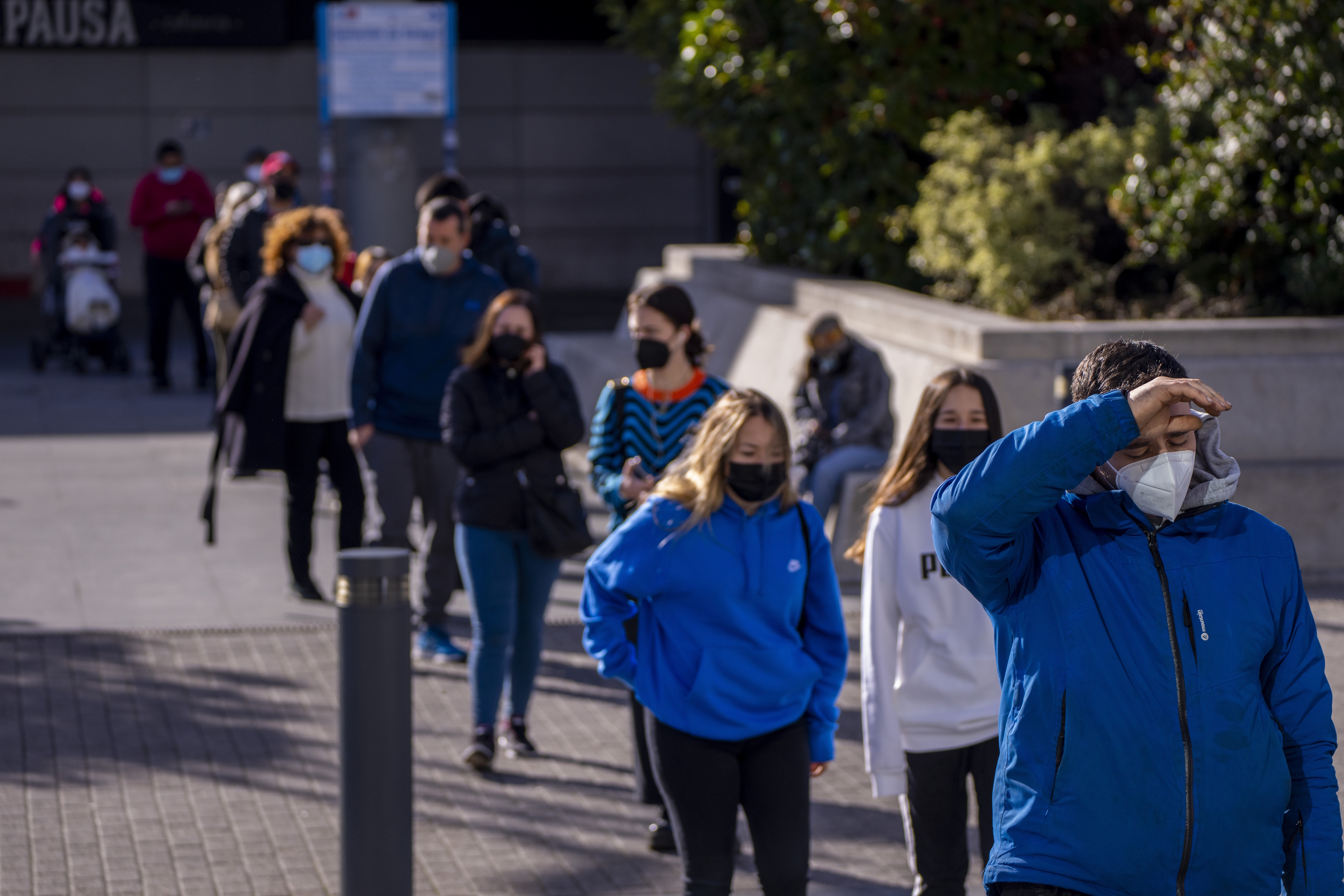But the most ambitious project, to adopt a pandemic "treaty," has been shelved for now after 2 1/2 years of work failed to produce a draft that countries could unite behind by Friday, as originally hoped.
WHO Director-General Tedros Adhanom Ghebreyesus insists it's not a "failure" and the World Health Assembly this week can still plot the way forward.
When diplomats, health officials and activists were still attempting to produce a draft treaty, he predicted the assembly could be one of the most significant in WHO's 76-year history. Not anymore.
WHO officials and others have been eager to build on the momentum of concern from the coronavirus pandemic, with the risk that the more it fades into history, the less the public — and policymakers — will be interested in preparing for a future pandemic.
The basic premise is that pathogens that have no regard for national borders require a united response from all countries. But decision-makers have struggled to balance national interest with the call from WHO officials to think more broadly in the interest of humanity and equity.
So health ministers will now have to take up the work and try to overcome deep-set differences, including how the world can share information on emerging pathogens and scarce resources like vaccines and masks when demand skyrockets.
The gathering of the U.N. health agency's 194 member states opens Monday with speeches from Tedros and video comments by high-profile participants including International Olympic Committee President Thomas Bach and European Commission President Ursula von der Leyen.
Envoys will discuss global health concerns including the fallout from wars in places like the Middle East, Sudan and Ukraine.
Instead of a pandemic treaty, the best shot now for bulking up the international health architecture to fight such cross-border outbreaks is through amendments to the nearly two-decades-old International Health Regulations, which countries have "in principle" agreed to, Tedros said last week.
Those regulations focus on helping countries detect and respond to health emergencies.
For example, envoys to the assembly could establish the concept of a "pandemic emergency" to build on and refine the cumbersome category of Public Health Emergency of International Concern, which is currently WHO's highest level of alert for dangerous epidemics.
Such a term could help inform the public at a time when, as with COVID-19, confusion and uncertainty are widespread.
